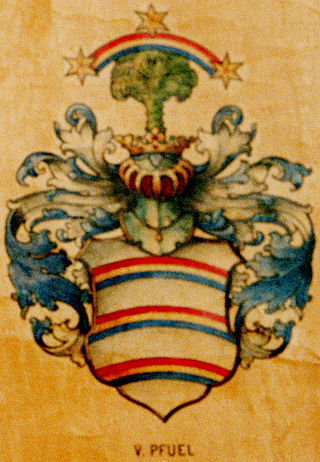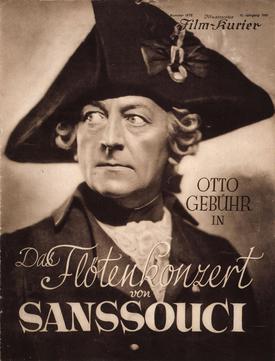Finck refers to:
Finck is a surname or part of a longer surname of German origin and the name of several individuals:
The surname מענדעלסאן is transliterated to English as Mendelssohn, Mendelsson, or Mendelson. It is a common Polish/German Jewish surname. The variant spellings are used interchangeably, often even within a single family.
Heine is both a surname and a given name of German origin. People with that name include:

The office of Minister-President, or Prime Minister, of Prussia existed from 1848, when it was formed by King Frederick William IV during the 1848–49 Revolution, until the abolition of Prussia in 1947 by the Allied Control Council.
Schack may refer to:
The German name Friedrich Wilhelm may refer to:
Schmidt is a common German occupational surname derived from the German word "Schmied" meaning "blacksmith" and/or "metalworker". This surname is the German equivalent of "Smith" in the English-speaking world.

The Order of the Black Eagle was the highest order of chivalry in the Kingdom of Prussia. The order was founded on 17 January 1701 by Elector Friedrich III of Brandenburg. In his Dutch exile after World War I, deposed Emperor Wilhelm II continued to award the order to his family. He made his second wife, Princess Hermine Reuss of Greiz, a Lady in the Order of the Black Eagle.

The House von der Goltz is the name of an old and influential German noble family whose members occupied many important political and military positions in the Kingdom of Prussia and later in the German Empire.
Jacobi is a surname of German or Ashkenazi Jewish origin.

The House of Finck von Finckenstein is a noble family classified as Uradel. It is one of the oldest Prussian aristocratic families extant, dating back to the 12th century in the Duchy of Carinthia.
Carl Friedrich was a German-American professor and political theorist.

The Pfuel family is an ancient German noble family that arrived to Brandenburg in the year 926 and later widened their influence to Saxony, Saxony-Anhalt, Mecklenburg, Pomerania, Württemberg, Westphalia, Eastern Europe and Sweden.

The Flute Concert of Sanssouci is a 1930 German drama film directed by Gustav Ucicky and starring Otto Gebühr. It was part of the popular cycle of Prussian films. It was made at the Babelsberg Studios. The film's sets were designed by the art director Robert Herlth and Walter Röhrig. Location filming took place around the Berlin area including at the Sanssouci Palace in Potsdam.
Friedrich Ferdinand Alexander zu Dohna-Schlobitten was a Prussian politician.

The House of Lehndorff is the name of an old German noble family from former East Prussia, first recorded in 1236. Members of the family occupied many important military positions within the Kingdom of Prussia. They held the title of Imperial Count, granted to them on 23 February 1687 by Leopold I, Holy Roman Emperor.
Count Karl Leopold von Schlieben was the Royal Prussian Minister of War between 1769 and 1772.

Heinrich is a German given name of ancient Germanic origin and cognate of Henry. Female forms are Henrike and Henriette. The most famous patron saint is Henry, as the German Emperor Henry II.
The surname Benda may refer to:
Nikolaus is a given name. Notable people with this name include the following:
Björn Graf Finck von Finckenstein was a Namibian politician.